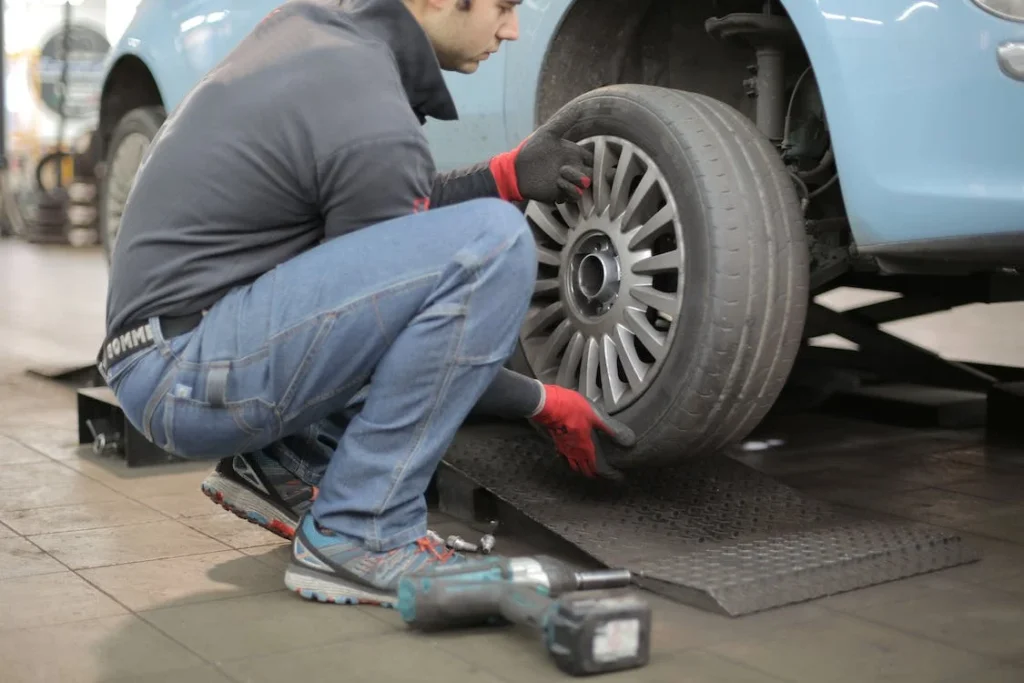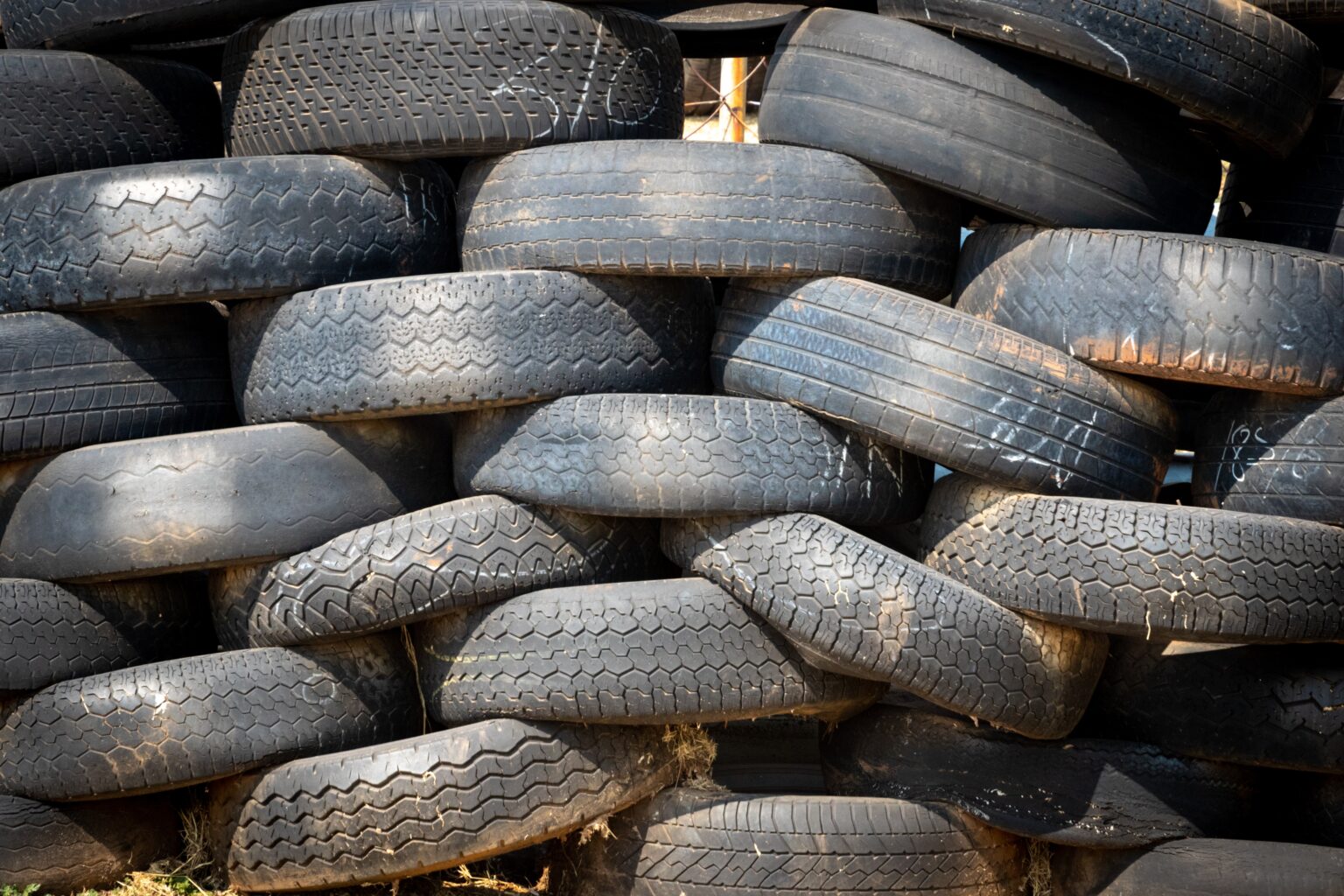Tires are a critical component of any vehicle. They provide traction, stability, and control while driving. However, when a tire is defective, it can lead to catastrophic accidents that cause severe injuries or even death. In such cases, victims can file a lawsuit against the tire manufacturer, seeking compensation for the damages caused.
What are defective tires?
Defective tires are tires that have a manufacturing or design defect, making them unsafe for use on the road. Some common examples of tire defects include tread separation, blowouts, and sidewall failures. Such defects can cause a driver to lose control of their vehicle, leading to accidents that result in severe injuries, property damage, and fatalities.

Types of tire defects
Manufacturing defects: These occur during the tire production process and affect individual tires or batches of tires. Examples of manufacturing defects include faulty materials, improper assembly, and inadequate quality control.
Design defects: These occur when the tire’s design is inherently flawed, leading to a high risk of failure. For instance, if the tire design does not properly address heat buildup, it can result in tread separation or blowouts.
Marketing defects: These occur when the manufacturer fails to provide adequate warnings, instructions, or information about the tire’s safe use.

Legal options for defective tire victims
Product liability law allows victims of defective tires to seek compensation from the manufacturer or any party responsible for the tire’s defect. The following are the legal options available to defective tire victims:
Filing a lawsuit: A victim can file a product liability lawsuit against the tire manufacturer or any other responsible party. The lawsuit can seek damages for medical bills, lost wages, pain and suffering, and other losses resulting from the accident.
Class action lawsuits: Victims can also join a class-action lawsuit against the tire manufacturer. This is an option when multiple people suffer injuries from the same defective tire design.
Recalls: The National Highway Traffic Safety Administration (NHTSA) has the power to order a recall of defective tires. If a tire manufacturer fails to recall a defective tire, the NHTSA can issue a recall order.
Settlements: The manufacturer can offer to settle a defective tire claim outside of court. The settlement would involve the manufacturer agreeing to pay the victim a certain amount of money to resolve the claim.
It is crucial to note that defective tire lawsuits can be complex, requiring technical expertise and a thorough understanding of product liability law. Therefore, it is essential to seek legal advice from a personal injury attorney if you or someone you know has been injured due to a defective tire.
Personal injury attorneys have the experience and resources to investigate tire defects and identify the responsible parties. They can help victims pursue compensation for their damages by filing a lawsuit, negotiating a settlement, or joining a class-action lawsuit. Furthermore, personal injury attorneys can communicate with the tire manufacturer’s legal team and insurance company, ensuring that the victim’s rights are protected and that they receive a fair settlement.
If you suspect a tire defect, it is crucial to report it to the NHTSA to prevent further accidents. The NHTSA investigates complaints of defective tires and can issue a recall order to remove the dangerous product from the market.
Conclusion
Defective tires can cause serious accidents resulting in severe injuries or death. If you or someone you know has been injured due to a defective tire, it is crucial to seek legal advice from a personal injury attorney. An attorney can guide you through the legal process and help you pursue the compensation you deserve. Additionally, if you suspect a tire defect, it is essential to report it to the NHTSA to prevent further accidents. Remember, defective tires are dangerous and can cause severe harm; always be vigilant and take appropriate action to stay safe.
